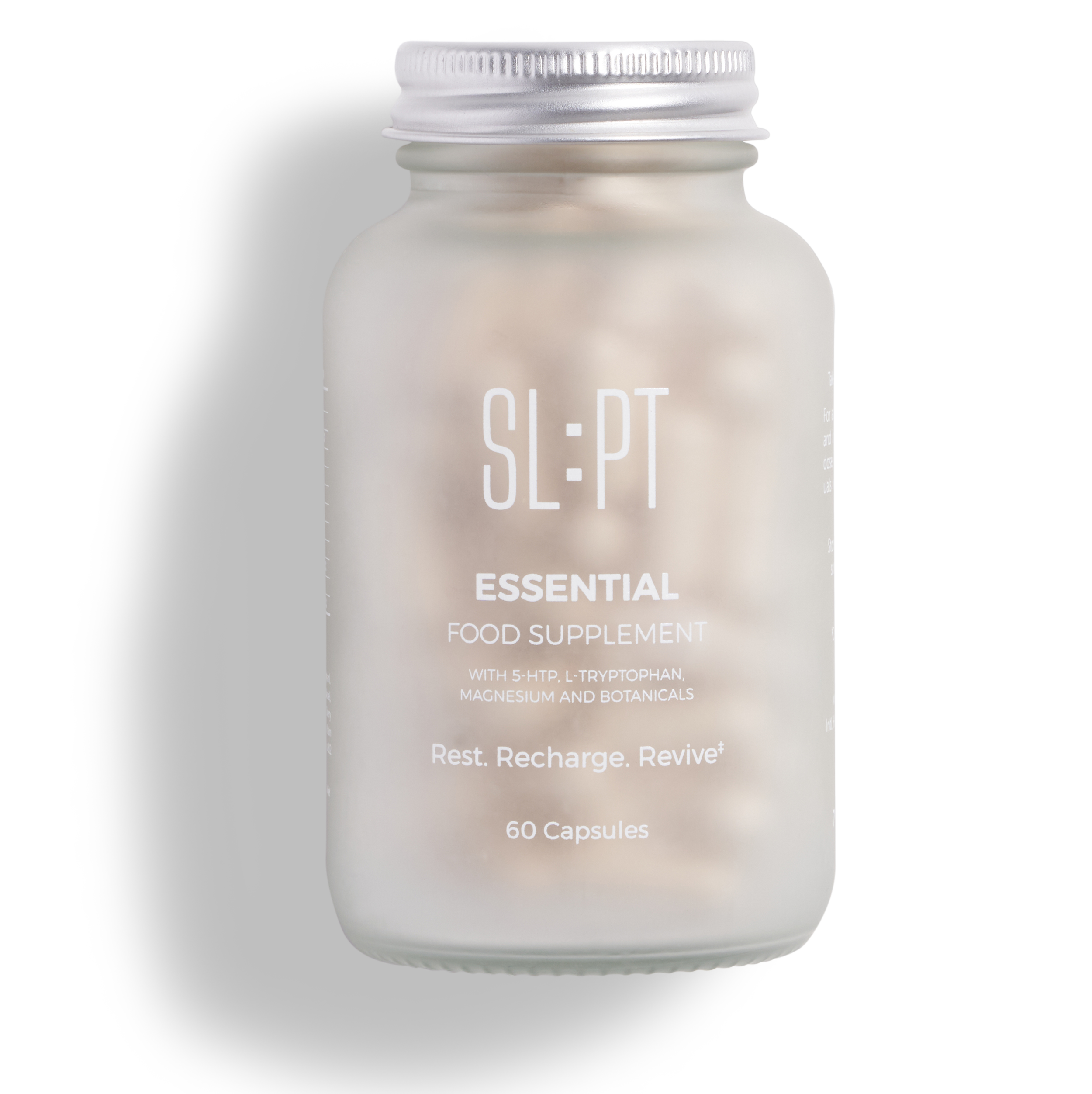What Happens When We Sleep?
We spend about a third of our lives sleeping. So we can be sure if nature intended us to spend such a large amount of time in slumber then there must be a pretty good reason for it and there is; Sleep provides a wide variety of health benefits essential for our bodies, mind, and health.
But what actually occurs whilst we sleep? What amazing health benefits are delivered while we sleep? Let us explain…
The Stages of Sleep
All sleep is not equal – throughout the course of a single night, we drift in and out of four different stages of sleep. Our minds and bodies react differently during each stage of sleep, undertaking various activities to recharge themselves ready for the next day. Unfortunately, when we miss out on sleep or cut it short, we shortchange ourselves on these essential repairs.
Sleep Stage 1: The Sleep Transition
As we switch from wakefulness to sleep, we begin to slip into a very light sleep stage lasting only a few minutes. If someone were to nudge us, we probably wouldn’t even realise we had been asleep at all. During the first stage of sleep; our breathing and heartbeat starts to slow, just a little; our muscles begin to relax, and our brain activity starts to quieten in preparation for the rest of our sleep.
Sleep Stage 2: Light Sleep
Once we hit the second sleep stage, our heart rate and breathing decrease even further, our muscles continue to relax, and our body temperature drops slightly.
Our brain is mostly quiet but begins transmitting occasional bursts of brain activity called ‘sleep spindles’. Our minds are beginning to perform a remarkable function of transporting information across different areas of our brain much like a computer moving data across different areas of internal memory banks. Our mind performs similar functions, saving our memories, allowing us to remember facts, consolidating learning and remembering how to perform creative tasks. Our brain will continue this in different ways throughout our night’s sleep.
Sleep Stage 3: Deep Sleep
We then enter our deepest and most restorative stage of sleep. Our time in this stage is what makes us feel refreshed when we wake the next morning. Our brains will continue moving and saving memories, consolidating our learning, creative processing and abstract thinking.
Our bodies now get in on the act and begin to benefit from the health effects of our sleep. During this stage, our bodies become self-repairing, muscles and bones repair, and our immune system restores, strengthening us in the fight against illnesses & infections.
Sleep Stage 4: REM Sleep
Most of us will have heard of the REM stage. Stage 4 is rapid eye movement named because our eyes move quickly from side to side while we sleep.
Several changes will occur here; our breathing becomes faster, our heart rate increases, and our muscles will become immobile. Most of our dreaming happens during this phase of our sleep, and we play out an array of sometimes mundane, and other times just plain bizarre scenarios in our minds. This seemingly strange stage of our sleep is no accident and is not just our minds’ nighttime funhouse. In fact, this element of sleep is actually crucial for our psychological health & well-being. Our brains recalibrate our emotional circuitry, processing painful memories, helping with creativity and giving us resilience for the day ahead.
Sleep Cycles
As we sleep, we will move through each of these four stages several times during the night. Moving through all of the stages is called a cycle, we will go through about four to six cycles per night, each cycle lasting an average of 90 minutes.
Our sleep stages change as we age. Newborn babies will spend about half the night in REM sleep, but this decreases the older we get. You may find that your sleeping patterns seem different now than they once did. How do you know if you’re getting enough sleep? Take our sleep assessment to learn more about your body’s sleep patterns and unlock clues for improving your rest each night.
What Controls Our Sleep?
Our bodies have two main processes which, when combined, tell us it’s time to sleep:
Circadian Rhythm
Our bodies’ own internal clock helps us keep track of the time of day and controls our body’s response to it. Our brain produces hormones which help tell our bodies when to be awake or asleep. The chemical serotonin signals wakefulness and melatonin is the sleep-inducing hormone signalling when to sleep. These hormones are crucial to our bodies getting restful sleep.
SLPT Products to Help with Sleep
Sleep Pressure
Our bodies produce a sensation called sleep pressure throughout the day. As we stay awake a chemical called adenosine builds increasing our pressure to sleep, after we sleep the feeling is alleviated. The peak of this chemical usually happens between 12 to 16 hours after sleep. Our diet and nutrition can impact the effectiveness of this chemical, especially drinks such as coffee and alcohol, artificially muting the signalling for sleep and in some cases causing insomnia.
We believe getting great sleep allows us to be the best version of ourselves. Our mission is to help you understand how to achieve better Sleep. To learn more about your sleep, sign up to receive our newsletter. We will help you learn how to improve your own sleep.










Our ultra soft 100% cotton eye mask is the perfect accessory for supporting a great night's sleep.